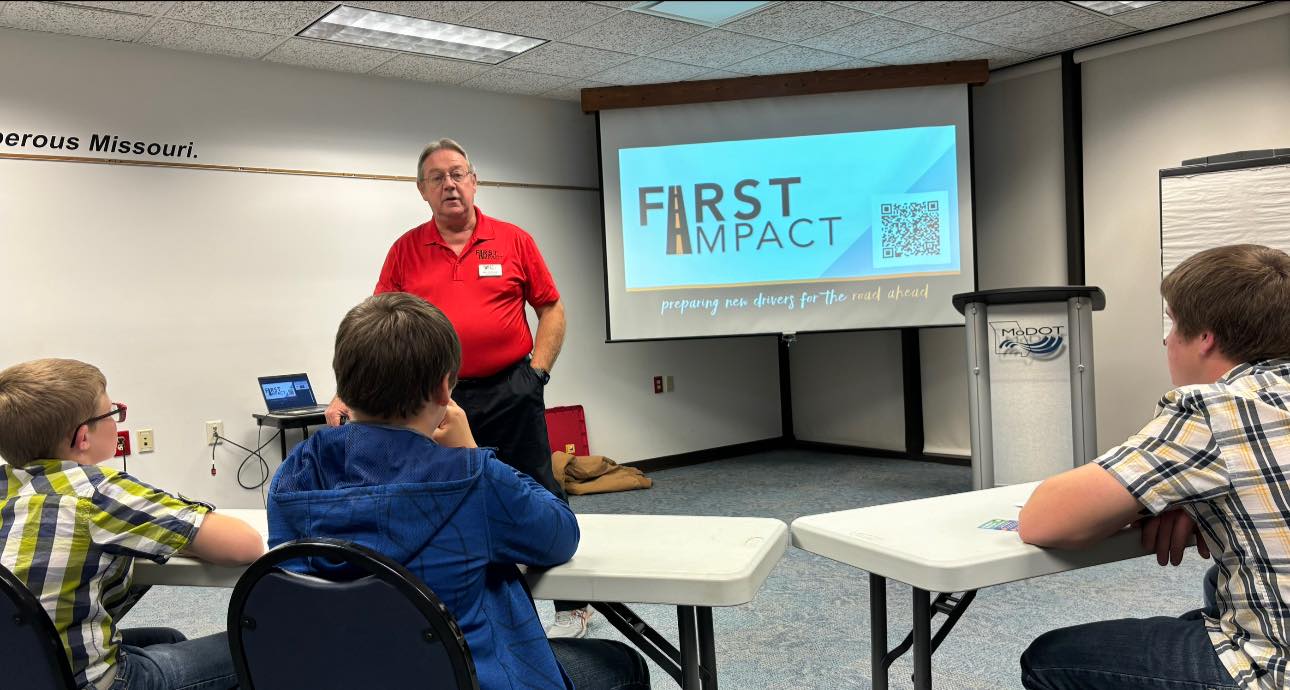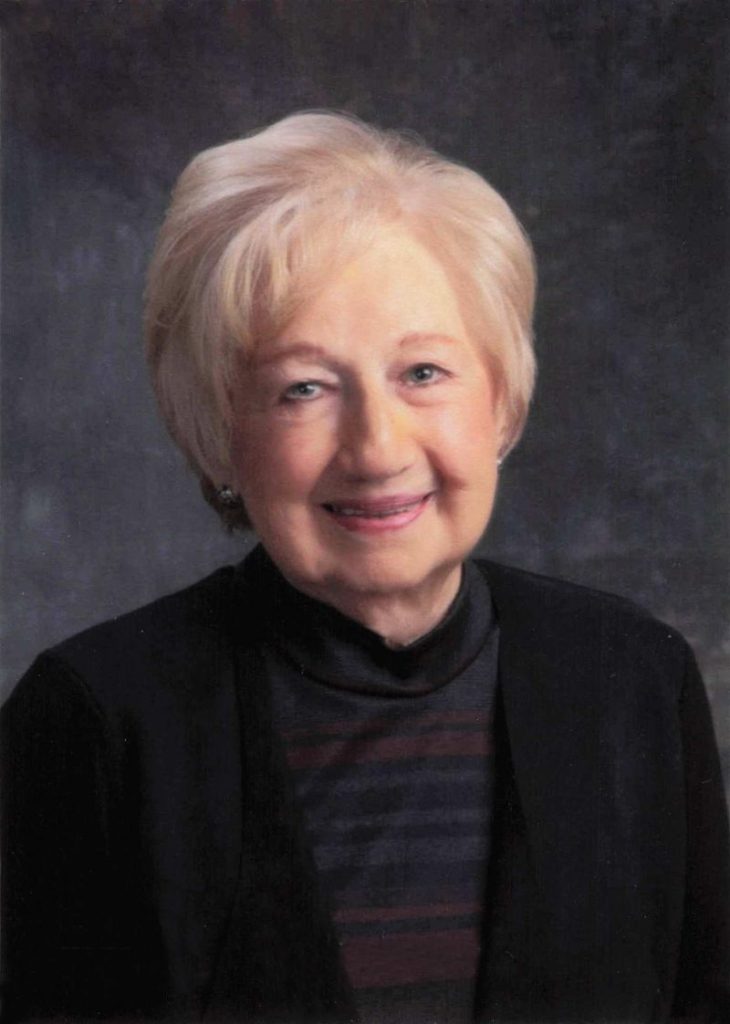Drivers Education expert gives parents tips on teaching teen drivers

HANNIBAL, Mo. — Statistics show that teenagers are the most dangerous drivers on the road.
According to those at First Impact, a class for adults to learn about young driver safety, 16 to 19-year-olds have the highest crash risk, and are three times more likely to be involved in a fatal crash than all other age groups.
A First Impact class was held last week at the Missouri Department of Transportation in Hannibal and was attended by parents, young drivers, and soon-to-be young drivers.
It was reported in class that in 2020, 597 Missouri teens from 15-19 years old were killed or seriously injured in car crashes.
Statistics related to teen driving can be startling to parents, but Allyn Workman, First Impact Instructor through the University of Missouri Extension, believes educating adults is the best way to teach teenage drivers.
Workman, an experienced driver’s education teacher, gave the room a few tips.
He said to make sure you prepare your teen for every kind of situation.
“The first time that your teenage driver is out driving at night, you really don’t want it to be by themselves,” he said. “The more practical experience they get driving under different conditions, the better. If they’re just used to driving during daylight with only good weather conditions, it’s going to be hard for them.”
He said take them out in the rain at night on a highway or in town. Let them get behind a dust trail on a gravel road or get them into an empty parking lot in the snow, ice, or sleet.
Workman suggested making a parent and teen driving agreement, and said templates for the agreement are on Google. Each driving agreement should reflect the teen driver, and what is important to the parents.
“What makes your teen driver tick? What excites him what doesn’t? What are the consequences that you think you need to have? But whatever those things are, that’s what should be in the parent teen driving agreement,” he said.
One area he encourages parents to include and discuss is impaired driving. Without an agreement, he said teens are more likely to try to drive impaired or get in a car with someone else who is impaired because they didn’t want their parents to know.
“So what’s the plan? Who can they call? It doesn’t really matter as long as it’s someone sober. If they call you, don’t blow up and be mad at that moment. Wait until the next day when you’ve had a chance to cool off a little bit,” he said. “What you don’t want is (an officer) coming to your house knocking on the door and saying that your teen is never going to come home again.”
The class also emphasizes that parents and adults make the first impact on all young drivers. Workman said parents should begin educating children on safe driving habits the moment they are placed in a car seat.
“They are watching us as drivers. We are critical role models for them and it’s really important they are learning the correct things from us as they are growing up,” he said. “Teens observe how their parents drive and mimic those driving habits. Always wear your seatbelt. Don’t use your phone, drive at safe speeds and don’t drive while impaired or distracted.”
Workman said speeding is now the number one cause of fatal car crashes, and now contributes to more than 40 percent of all traffic fatalities. Workman said speeding dramatically increased in 2020 when less cars were on the road and that has not changed.
He also said to make sure to keep focus on the road. Distracted driving is the second leading cause of death in car accidents.
The Missouri Coalition for Roadway Safety reports on their website that 84 people died in 2022 due to distracted driving. Workman also said the distracted driving numbers are much higher than that because distracted driving is often not reported when someone is in an accident.
Workman said it’s important for parents to know Missouri’s Graduated Driver’s License (GDL) Law, which in order to enforce it at home.
Missouri’s Graduated Driver License law is a three-step licensing system including the instruction permit, intermediate license, and under 21 full driver license.
While the GDL laws have been in place for more than 20 years, Workman said many parents aren’t familiar with them. They are designed to reduce the risk of crashes.
“It’s not new, but it is new enough that a lot of us started driving under the old system where there was no graduated driver’s license,” he said. “Knowing GDL law Missouri is beneficial to parents because you’re the one that has to guide your children through this system. The more familiar you are with it, the more control and understanding you have.”
Workman said the First Impact class is willing to travel to make sure parents and kids know the laws. They hope to take the class to all school districts and other groups as well. To learn more about the class and to find out how to schedule one, visit First Impact at the Missouri University School of Medicine website.
To learn more about the GDL law visit the Missouri Department of Revenue website.
Miss Clipping Out Stories to Save for Later?
Click the Purchase Story button below to order a print of this story. We will print it for you on matte photo paper to keep forever.

